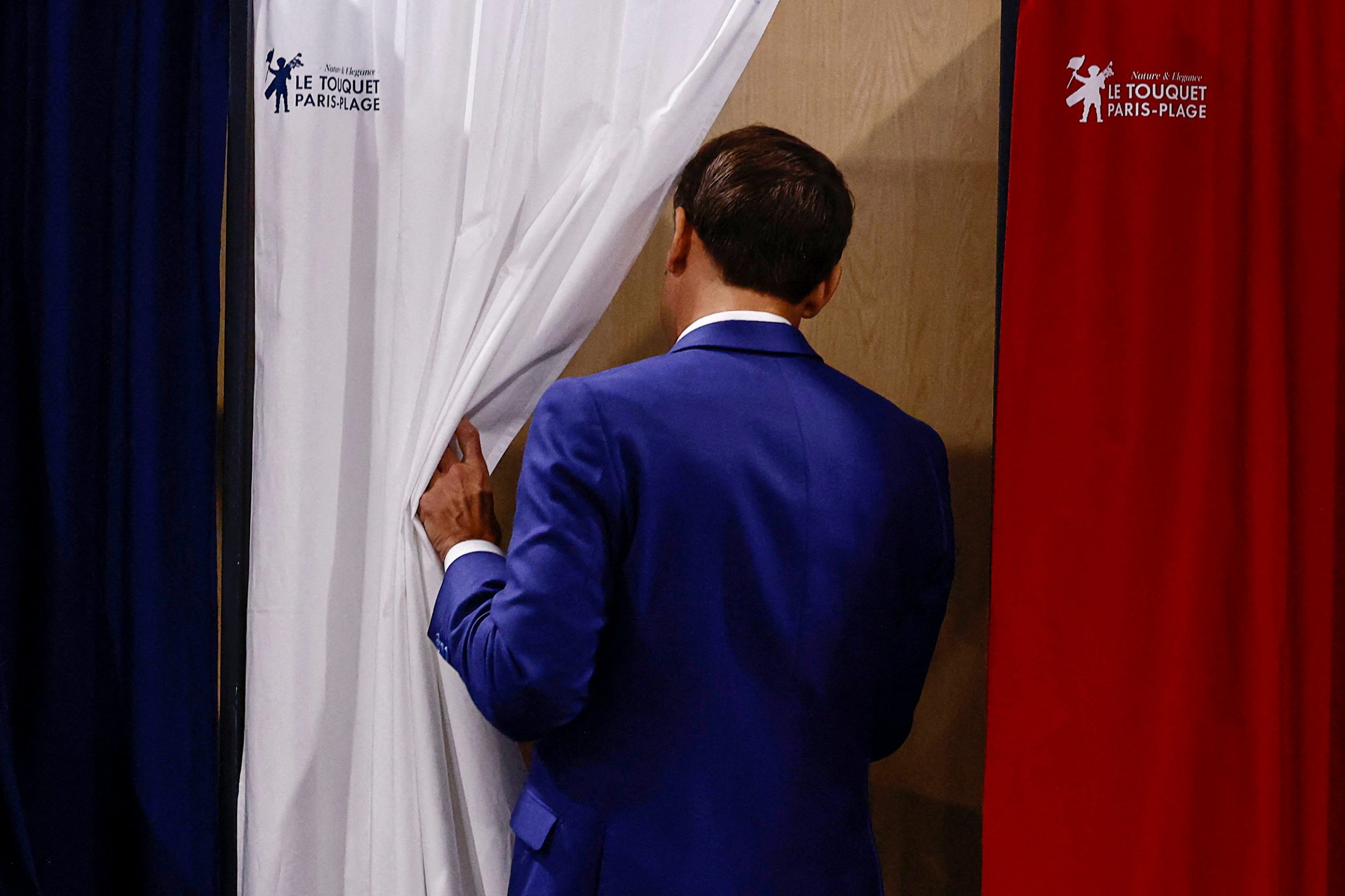The European elections are a painless process in themselves, but this time round they paved the way for an electoral contest that could seriously disrupt European democracy.
President Macron has called a general election, the French are voting in the first round today, and the latest polls show a clear lead for the unrepentant far-right with a left-wing coalition of the unhinged in second place.
If the polls prove accurate, France’s post-election future will be as hard as it is unprecedented.
And the ship of Europe, which depends to a large extent on French ballast for its stability, will be left less seaworthy and more vulnerable as a result.
Of course, it’s probably too early for tears. It’s not certain that the far right or the left will win an absolute majority in the new National Assembly—in fact, it would be rather difficult for them to pull that off. And harder still for them to cooperate.
Especially when the President is constitutionally powerful and the counterweights in French society remain functional.
It is clearly not democratically legitimate to discount by default the opinions of the 30–35% of the French electorate who have consistently voted for the far right in recent years in choosing who gets to govern.
On the other hand, though, one third of a society is not a majority.
The oxymoron is that a centrist presidential figure like Macron should have ended up confronted by strengthened extremes in the middle of his second term.
The political and ideological explanations probably take second place to psychological interpretations here. And, of course, the risk of destabilization has never scared those who pursue it with a maniacal zeal.
But voters vote as they vote. That’s how democracies work and we’re not going to change it now just because France is going to the polls.
So the question is this: how can we limit the fallout? The European system and the international economy provide a degree of security, which is reinforced by simple realism.
In 2022, Le Pen was promising that France would leave the euro, and now she’s saying the country might not actually be leaving NATO, either—which was her other big promise.
But the European system does not provide solutions for everything. For better or worse, a far-right government in France will be a far-right government, with everything that entails.
Even with a President Macron in place to enforce and discipline, an administration like that won’t be easy to live with. It’s a good thing the leadership of the EU institutions has (probably) been agreed in time to avoid any major disruptions to the workings of the bloc.
As for the rest, bon courage, as they say. To the French, above all, who are going to need it.



